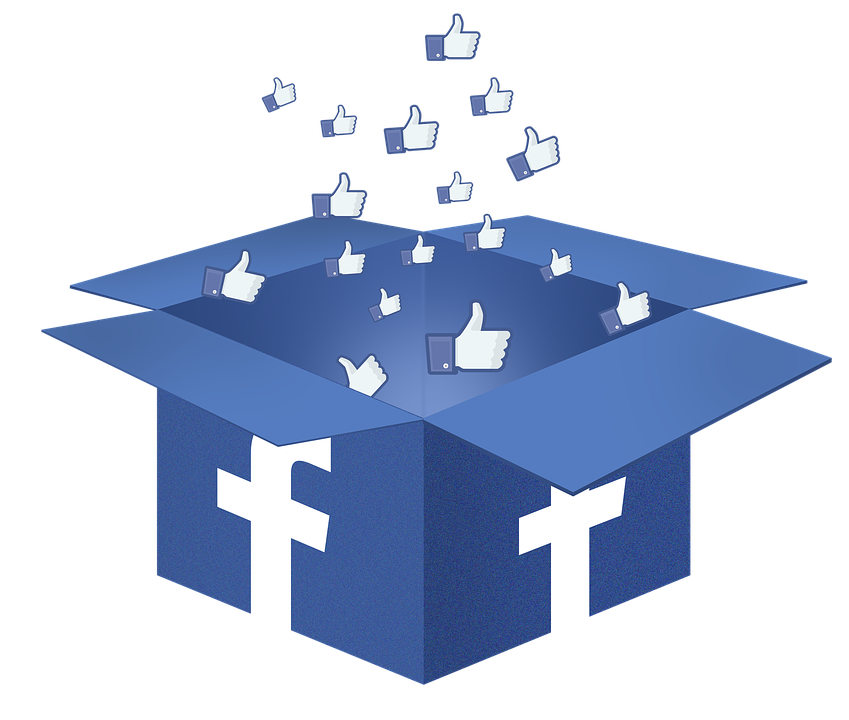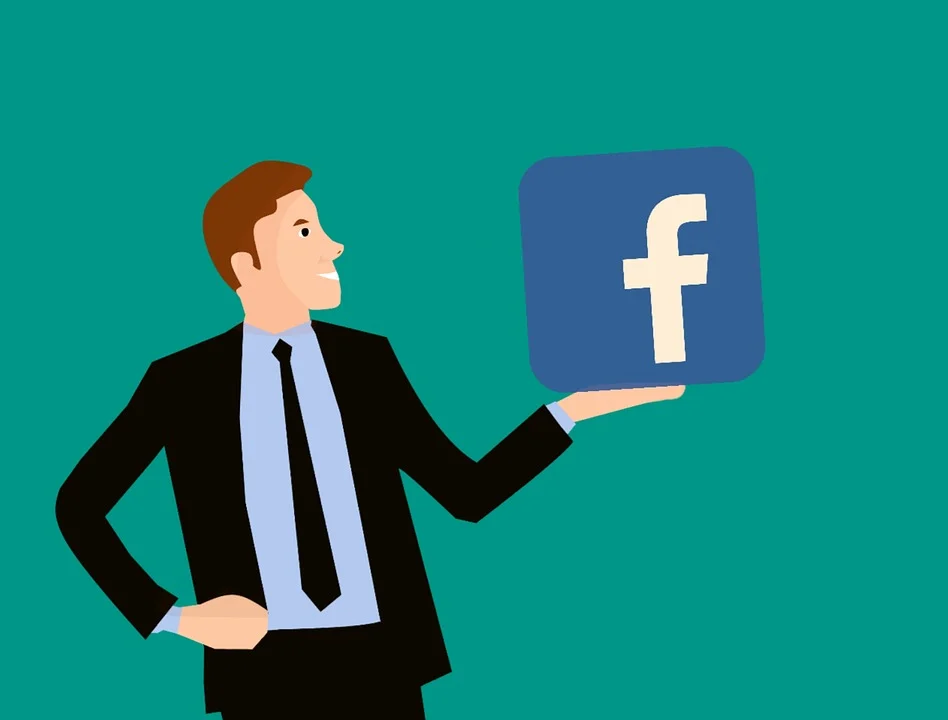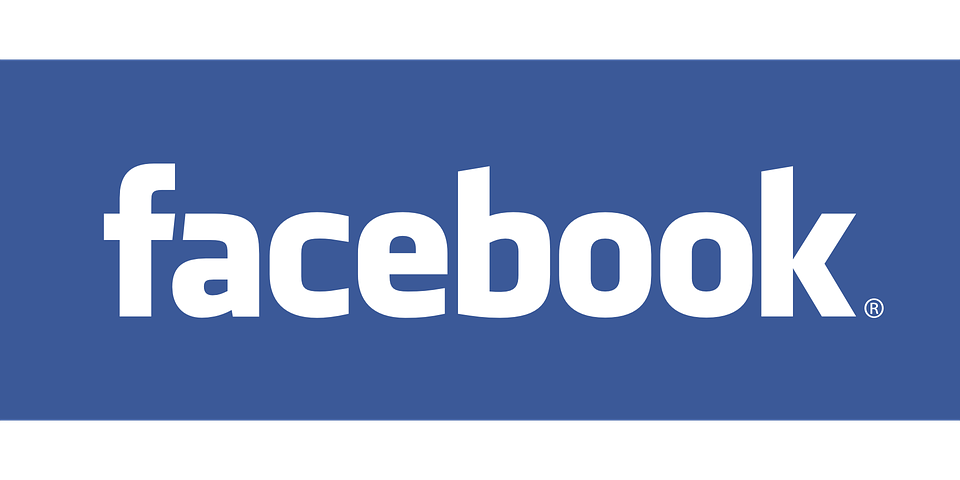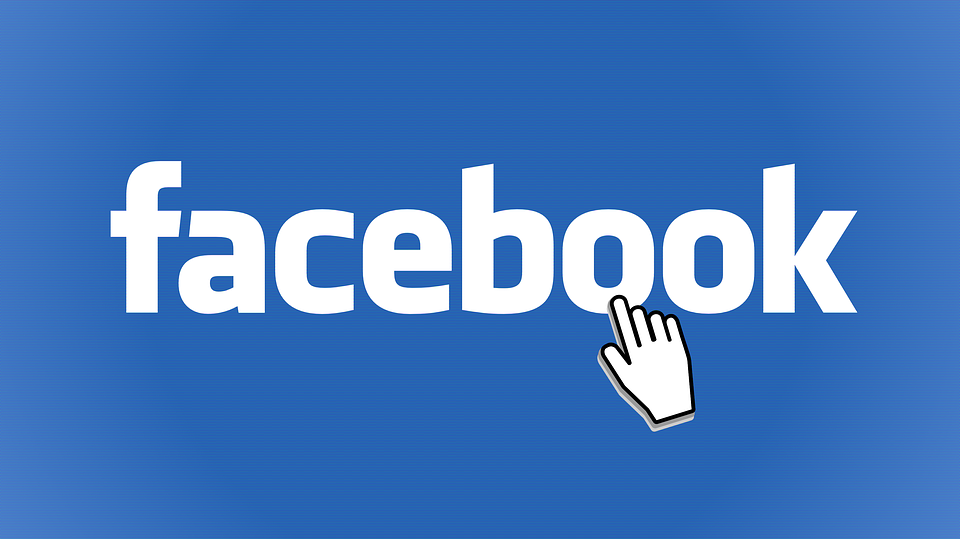Facebook is a social networking website that allows users to connect with friends and family, share photos and videos, and stay up-to-date with news and events. It was launched in 2004 by Mark Zuckerberg and his college roommates and has since grown into one of the largest social media platforms in the world, with over 2.8 billion monthly active users as of 2021.
Facebook allows users to create a personal profile, where they can share information about themselves, including their interests, education, and work experience. Users can also join groups, participate in events, and follow pages related to their interests.
In addition to personal use, Facebook is also widely used by businesses and organizations for marketing and advertising purposes. The platform offers a range of tools and features for businesses to create pages, run ads, and engage with customers.

Purpose
The primary purpose of Facebook is to help people connect and share with friends and family. In addition, it helps to discover new people and content based on shared interests. Some of the key features of Facebook that enable this purpose include:
- Profile Pages: Users can create a personal profile with information about themselves, such as their name, age, location, education, and work experience.
- News Feed: Users can see updates from friends and pages they follow in their News Feed. This includes photos, videos, status updates, and links to articles.
- Friend Requests: Users can send and accept friend requests to connect with people they know, and also have the option to follow public profiles without sending a friend request.
- Groups: Users can join or create groups based on shared interests, such as hobbies, causes, or professions. Group members can share posts, photos, and videos and participate in discussions.
- Pages: Businesses, organizations, and public figures can create pages to promote their brand or share information with followers. Page owners can post updates, run ads, and engage with their audience.
- Messenger: Users can send private messages to their friends and family using Messenger. It also includes features like voice and video calls, group chats, and chatbots.
- Events: Users can create or RSVP to events, such as parties, concerts, or fundraisers, and invite their friends to attend.
Overall, Facebook provides a platform for people to connect and engage with each other, as well as with businesses, organizations, and public figures. The platform is user-friendly and customizable. Facebook comes with a range of features that allow users to control their experience and privacy settings.
Types:
There are two main types of Facebook accounts: personal accounts and business accounts.
- Personal Accounts: These accounts are for individual users who want to connect with friends and family on the platform. Personal accounts can be used to share updates, photos, and videos with friends, join groups, and follow pages of interest.
- Business Accounts: These accounts are for businesses, organizations, and public figures who want to create a presence on Facebook. They promote their brand or connect with their audience. Business accounts have access to additional features and tools. To illustrate advertising and insights, that can help them reach and engage with their target audience.
Within these two main types of accounts, some subtypes include:
- Standard Personal Accounts: These are the basic type of personal accounts that most individual users create.
- Verified Personal Accounts: These are personal accounts that have been verified by Facebook. The account belongs to a public figure or celebrity.
- Pages: The business accounts promote a brand, organization, or public figure. Pages can be created for different purposes. For instance, promoting a business, sharing news and updates, or building a community around a topic or cause.
- Groups: These are accounts that allow users to connect with others who share common interests or goals. Groups can be public, private, or secret, and members can share updates, photos, and videos, and participate in discussions.
- Advertising Accounts: Businesses use these accounts to create and manage their Facebook ads. They provide tools for creating and targeting ads, as well as tracking their performance and results.
It’s worth noting that Facebook also offers accounts specifically for developers, such as developer accounts and app accounts. This allows developers to build and manage apps and integrations on the platform.

Facebook Ban
There are several reasons why a Facebook account might be banned suddenly. The specific reason will depend on the circumstances of the account in question.
- Violation of Facebook’s Community Standards: Facebook has community standards. It outlines what types of content and behavior are not allowed on the platform. Accounts that violate these standards may be banned or disabled. Examples of violations include hate speech, harassment, nudity or sexual content, and spamming.
- Suspicious Activity: Facebook may flag an account if it detects suspicious activity, such as logging in from multiple locations or using automated tools to like or share content. This can trigger a ban or suspension while the account is reviewed.
- Impersonation: Facebook does not allow users to impersonate others or create fake accounts. Accounts impersonating someone else or using a fake name may be banned or disabled.
- Intellectual Property Infringement: If an account is found sharing copyrighted material without permission or violating trademark laws. Consequently, it may be banned or disabled.
- Security Issues: If an account is hacked or compromised in some other way, Facebook may disable it to prevent further damage or unauthorized access.
It’s important to note that Facebook has policies and procedures in place for appealing a ban or disabled account. Moreover, users can submit an appeal if they believe their account was disabled in error.
Usage
As of the fourth quarter of 2021, Facebook has reported 2.8 billion monthly active users worldwide. This makes it one of the largest social media platforms in the world, with a significant global reach. It’s important to note that this number includes both personal and business accounts. Furthermore, accounts may be inactive or duplicates. Additionally, Facebook also owns other social media platforms such as Instagram and WhatsApp, which have their user bases.
Facebook Merits:
- Connection: Facebook allows people to connect with friends and family around the world, regardless of their location. This can be particularly important for maintaining relationships and staying in touch with loved ones who live far away.
- Community: Facebook groups and pages can be used to build communities around shared interests, hobbies, or causes. This can be a great way to connect with like-minded individuals and share ideas and resources. This paves the way to getting involved in initiatives that matters much.
- Information: Facebook can be a valuable source of news and information, as well as a platform for sharing and promoting content. This can include everything from news articles and educational resources to photos and videos that showcase personal experiences or perspectives.
- Marketing: For businesses, Facebook can be a powerful tool for reaching and engaging with customers. Facebook’s advertising platform allows businesses to target specific demographics and interests, track performance metrics, and build brand awareness and loyalty.
- Accessibility: Facebook is accessible through a variety of devices and platforms, including smartphones, tablets, and desktop computers. This makes it easy to use and access on the go. This can be particularly important for people who may not have access to other forms of communication or social connection.
- Creativity: Facebook also offers a range of creative tools. This includes filters, stickers, and video editing tools. Consequently, users can use it to express themselves and create engaging content for personal or business use.
It’s worth noting that there are also potential drawbacks and challenges associated with using Facebook. To illustrate concerns about privacy, online harassment, and addiction. As with any technology, it’s important to approach Facebook to use mindfully and with awareness of its potential benefits and risks.

Facebook Demerits:
There are several potential demerits or drawbacks of using Facebook, including:
- Privacy Concerns: Facebook collects and stores large amounts of personal data, which can be a concern for users who are worried about how their information is being used or shared. There have been several high-profile data breaches and scandals involving Facebook’s handling of user data. This has raised questions about the platform’s commitment to privacy.
- Online Harassment: Like other social media platforms, Facebook can be a breeding ground for online harassment, bullying, and hate speech. Users may experience harassment or abuse from other users, which can be difficult to address or mitigate.
- Addiction and Distraction: Facebook can be a highly addictive platform. The users may spend hours scrolling through their newsfeeds or engaging with content. This can be a major distraction from other important tasks, and can even impact mental health and well-being.
- Spread of Misinformation: Facebook has been criticized for its role in the spread of misinformation and fake news. This can have significant consequences for public health and democracy. The platform has implemented measures to address this issue. To quote, fact-check, and remove false information, but remains a challenge.
- Algorithmic Bias: Facebook’s algorithms can perpetuate bias and discrimination, particularly around issues such as race, gender, and politics. This can result in certain groups being marginalized or excluded from important conversations and opportunities.
It’s important to note that these potential demerits are not unique to Facebook, and can be found on other social media platforms as well. It’s up to individual users to approach Facebook to use mindfully. The users should take steps to mitigate these potential risks and drawbacks.
Facebook – Conclusion
In conclusion, Facebook is a social media platform that allows users to connect with friends and family. It builds communities around shared interests and accesses a range of content and information. Facebook can be a valuable tool for staying connected and engaged with the world. But it also comes with potential risks and drawbacks, including concerns around privacy, online harassment, addiction, and the spread of misinformation. As with any technology, users need to approach Facebook to use it mindfully and with awareness of its potential benefits and risks and to take steps to mitigate any potential harm or negative impacts.
Vibrant Vaishnavi
